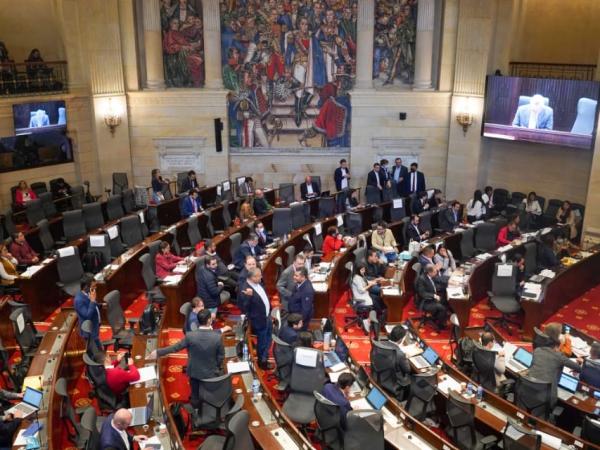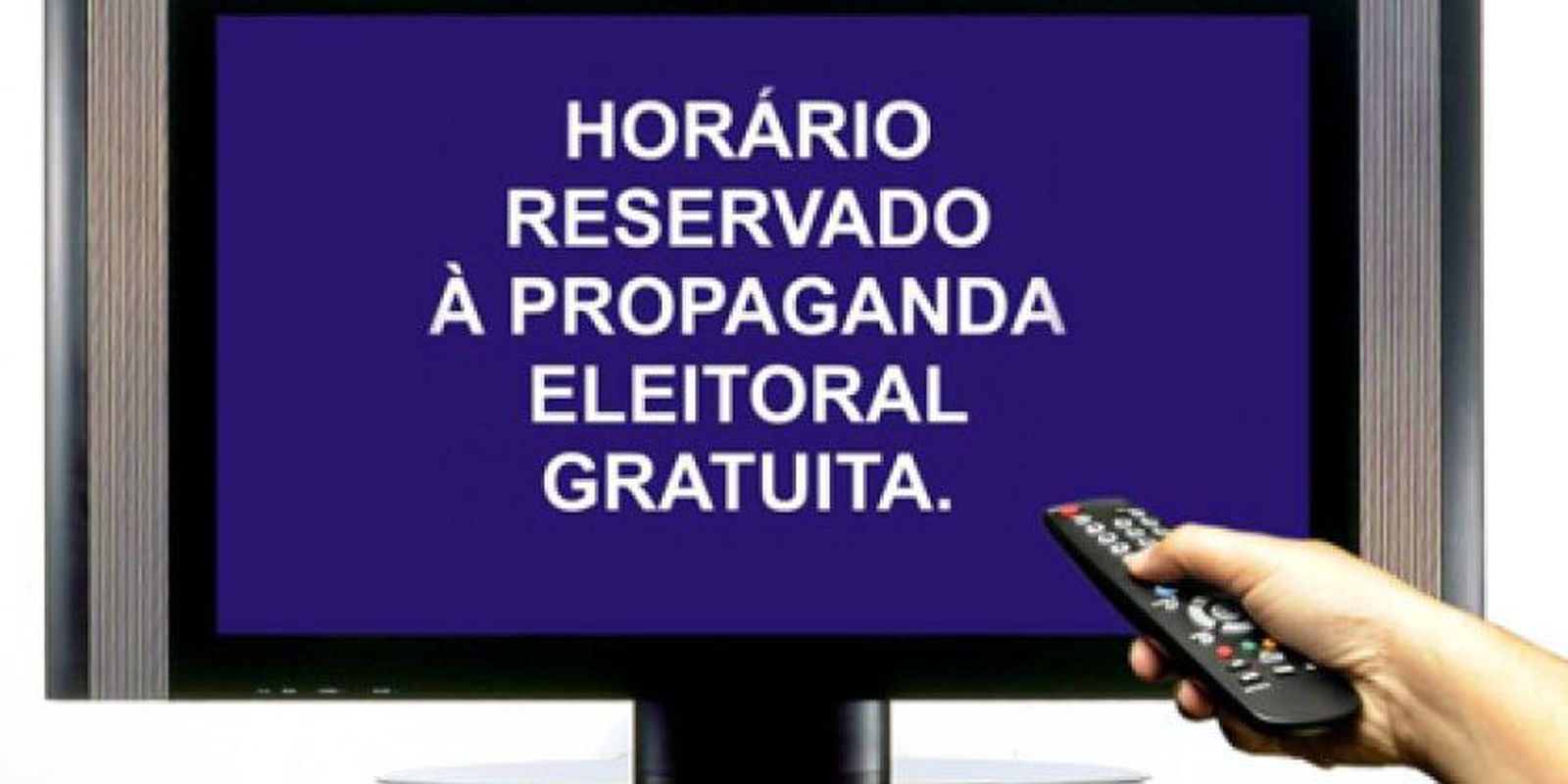The third commissions of the Senate and Chamber debated for the first time this Thursday the tax reform project of the Government of Gustavo Petro, which saw the green light in its first filter in the Legislative in just one day of debate.
(Abecé: the key points of the tax approved in the first debate).
The paper, made up of 96 articles, was voted on in three large blocks, and two articles were submitted individually. It is worth mentioning that this was filed this Monday at night, and contains several important changes compared to the original project.
In the first place, it is no longer looking for $25 billion, but $22 billion, some modifications were accepted in relation to the tax on dividends, equity, and surcharges were also approved for the financial, mining, energy and hydroelectric sectors, among some of the issues more noisy.
The day was marked by several disagreements between the government parties and the opposition. While from the Democratic Center there was talk of a ‘pupitrazo’, the congressmen of the Radical Change Party preferred to withdraw and not vote, and argued that the Government did not take into consideration a series of proposals that the caucus presented last month.
(Reactions after the approval of the tax in the first debate).
Voting
The discussion began in the early hours of the morning, and after the deliberation on the impediments, a negative paper was voted first, filed by the opposition from the Democratic Center, authored by Senator Miguel Uribe and Representative Óscar Darío Pérez. This was not approved by the precinct. Among the first articles that were voted on were those that did not have propositions, such as art. 7, art. 28, art. 60, which establishes the estimation of costs for the income tax of natural persons, and art. 68, which proposes that statistical analysis be carried out with a gender approach in relation to tax information, to reduce inequities.
In the same way, 21 articles that came as a proposal for elimination in the paper were voted on in this same block. These were the art: 14, 35, 36, 37, 38, 39, 40, 41, 42, 45, 46, 47, 48, 49, 50, 51, 52, 53, 54, 56 and 66. These include those with which the 10% rate was proposed in the original project for extraordinary exports of coal, oil and gold. And also those who proposed a schedular unification of income.
The second group that was voted on was that of the articles that had proposals, which were 47. As confirmed by the coordinators and rapporteurs of the project, more than 1,000 requests were received for this presentation, but these will remain as records for the debate in the plenary sessions of Senate and House.
(Tax: what comes for the project after its first approval).
Some of these articles stand out, such as Articles 2 to 6, referring to income tax and its supplements. Among this group of articles that were approved as they came in the paper, but that in plenary they must discuss several proposals to be modified are the art. 9 to 12, related to income tax, and those related to occasional earnings, such as 13 and art. between the 15th and the 19th.
The majority of the articles related to the wealth tax (art. 20, 21, 23, 24, 25 and 26), and 27, in relation to the simple regime, were also approved under this criterion. Also included in this group were the points referring to environmental taxes (carbon and plastic bags) and ultra-processed food and beverages, among others.
The third group, made up of 22 articles, were those who entered the presentation as new. Among them are some such as those that govern the proposals for new rates for dividends (art. 69, 70 and 71 of the paper), the one that sets new rates (25%) for occasional winnings from raffles and lotteries, and also a series of articles that strengthen the Directorate of National Taxes and Customs (Dian), and even proposes an increase in its personnel.
Two articles were voted independently, 22, on the determination of the taxable base of the wealth tax, and the last article, 96, referring to the validity and repeals. This article received more than 100 proposals, which were also recorded for discussion in plenary sessions.
“On behalf of the government, I want to thank the committees for approving this project in the first debate, which is very significant for government programs. This project has been the subject of a very broad debate, we have sat down for hours to discuss the project, and unions and other social actors have also sat down with parliamentarians,” said the Minister of Finance, José Antonio Ocampo, at the end of the debate. The Government has highlighted that there were more than 300 hours of meetings.
Laura Lucia Becerra Elejalde
BRIEFCASE








